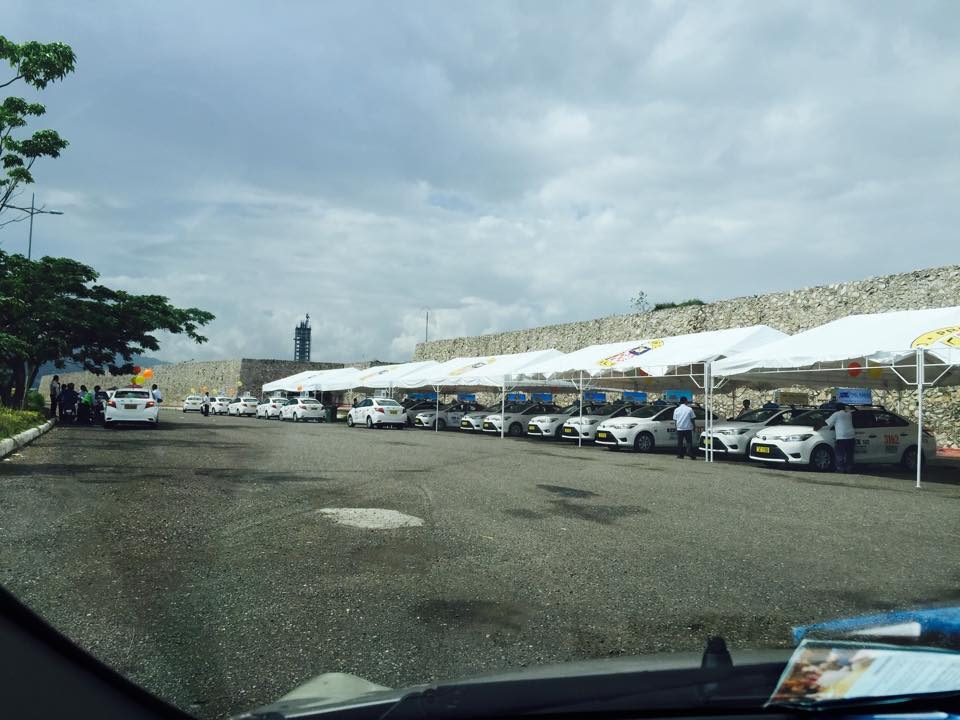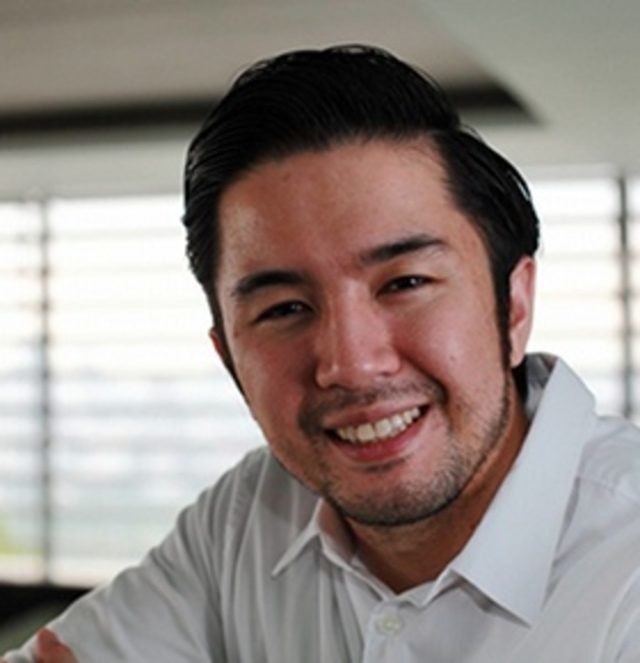SUMMARY
This is AI generated summarization, which may have errors. For context, always refer to the full article.

When most Filipinos think of founding a startup, they never – even in all their entrepreneurial ambition – think of establishing one in the transportation sector.
Competing with the likes of Uber and GrabTaxi would require an enormous amount of resources, after all, both in terms of manpower and capital. The war chests they have allotted for the Philippine market would put off most anyone.
A Cebuano startup success
But this tall order is exactly what the founders of miCab have taken to task.
Based out of Cebu, but quickly expanding to a new city in the next few months, miCab has a different business model than the other familiar transportation apps.
Rather than earn from consumers, they monetize from companies, as they have an advertising-based business model.
“We have LEDs that sit on the taxis and tablets inside the taxis that advertisers can book,” said Kenn Costales, the chief marketing officer of the company.
According to Costales, miCab has raised 3 rounds of undisclosed funding. The company is also experiencing success on both ends of its marketplace – achieving 80% month-on-month growth for driver acquisition and 20% month-on-month growth for app installations.
Costales believes that the success of miCab, as a Philippine-headquartered company, holds special significance for the country.
He explained that all companies will have geographic priorities depending on where the largest market is and where the highest profits are, which usually is where the startup is founded – otherwise, they can’t scale.
“As a result, offshore offices in expansion markets are either filled with expats or will have few employees overall,” Costales said.
He continued, “So in other words, it’s important that there are more homegrown businesses in Philippines because these companies will, on average, employ more local talent than international companies.”
Costales added that this principle applies to all types of businesses and not just tech startups.
He said that miCab was founded to ultimately help both ends of its marketplace.
For cab drivers, they seek to improve the standard of living. “miCab only partners with top tier and top employer taxi operators that provides drivers with benefits like SSS, Pag-Ibig, health insurance, etc, while increasing their billings per day,” he said.
Prioritizing top taxi fleets ultimately benefits consumers. “Our application also gives these top-tier taxi operators (who do their job right) a competitive advantage by driving out low performing and bad quality taxi fleets,” Costales said. This in turn results in a better user experience for their passengers.
Costales feels this addresses the problems with incumbent transportation apps, which he claims prioritize taxi availability over user experience and lack employee-type protection and benefits.

Winning niches
Costales cited consumer awareness as the biggest challenge facing miCab.
With the funding that miCab has raised, they want to focus on winning specific niches. “If the initial niche loves our product, then we expand to other niches,” he said.
Costales compared this strategy to what Facebook did in the immediate wake of its founding. “This is how Facebook was able to subvert Friendster despite the latter’s huge awareness advantage in the mid-2000’s. They started with Harvard, then the Ivy League, then universities, etc,” said Costales, who added that by generating positive word of mouth in an aspirational niche, they could leverage this as fuel to acquire other or large niches.
Luckily, Filipinos are not reluctant to adopting new technology. In response to what aversions we may have toward using a platform like miCab, Costales said, “The question has an assumption that Filipinos are hesitant to begin with. They are not. As long as they can get a safe / good quality cab fast, they are OK to use any taxi hailing app.”
As miCab’s minimum viable product (MVP) continues to gain significant traction, the company wants to bring all its team members on a full-time basis. They are driven by a twofold goal, one for each side of their marketplace.
On one hand, they want to increase the billings per day for drivers through the miCab, while providing employee-type benefits and protection for them by partnering with top taxi fleets.
“For the general public, consistently offer them with an affordable, safe, and quality ride by only partnering with top tier taxi operators,” Costales said. – Rappler.com
 Rappler Business columnist Ezra Ferraz brings you Philippine business leaders, their insights, and their secrets via Executive Edge. Connect with him on Twitter: @EzraFerraz
Rappler Business columnist Ezra Ferraz brings you Philippine business leaders, their insights, and their secrets via Executive Edge. Connect with him on Twitter: @EzraFerraz
Add a comment
How does this make you feel?
There are no comments yet. Add your comment to start the conversation.